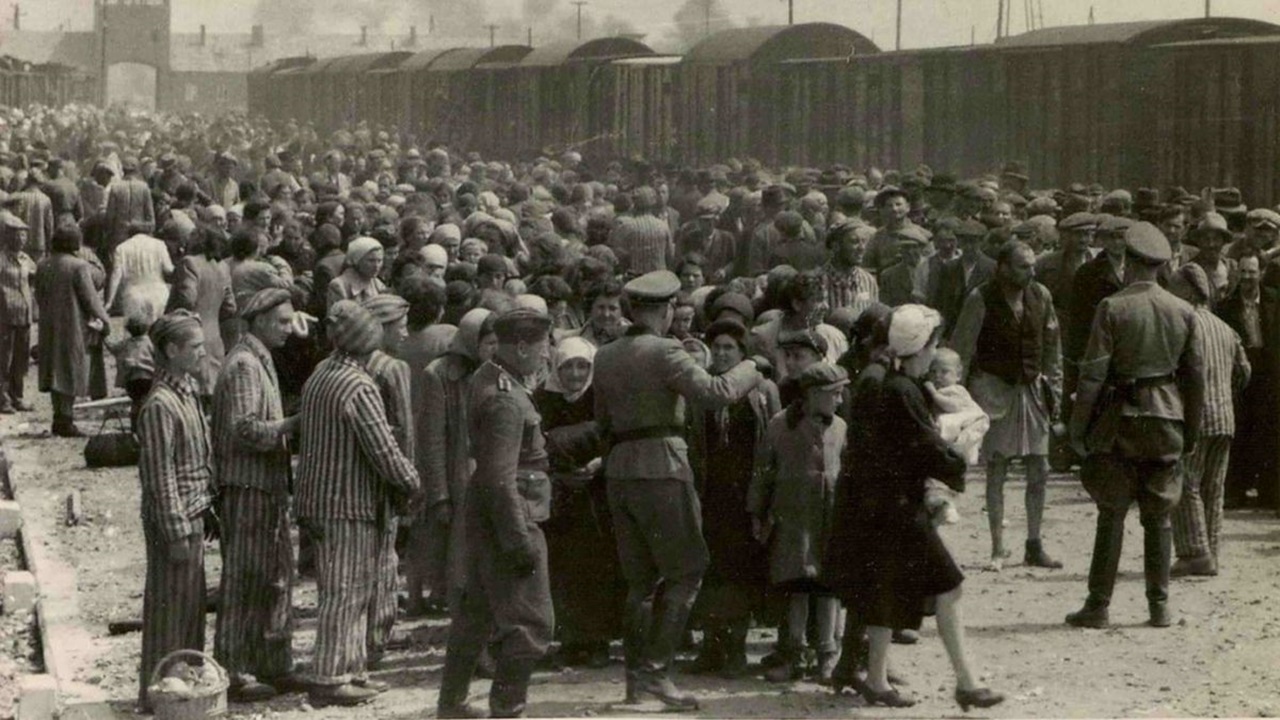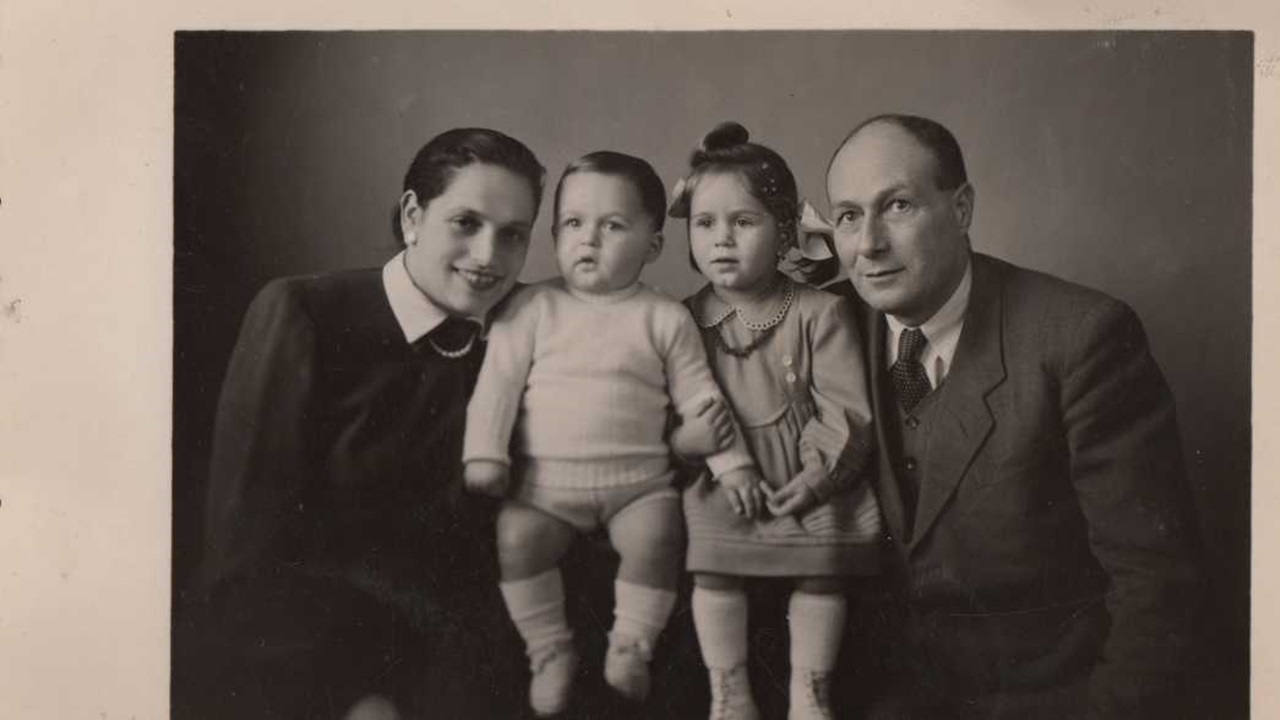Kept in the dark about the horrors of Auschwitz by her family, daughter finds the harrowing letters
The harrowing horrors of Auschwitz described by a family on postcards yellowed by time.

The face of Martha Seiler she tears as she reads of the harrowing horrors her family members were subjected to in Auschwitz. Kept in the dark, the woman finds a series of faded postcards that tell the drama of life in the Soviet labor camps and ghettos.
Marta's father had died when she was still a child, and her mother had never said she survived Auschwitz. Those letters are the testimony of horrors that must not be forgotten.
Izabella, Marta's mother grew up in Hungary, where she married in an arranged marriage with Erno Tauber. She remained single after a few months, because her husband, after being arrested by the German guards as a Jew, was beaten to death.

Towards the extermination camps
In June of 1944 at just 25, Izabella was sent with other Jewish women and children to the ghetto, to then be transferred to Auschwitz. The woman says that anyone who resisted and refused to walk towards the gas chambers came shot without any hesitation. Thousands of people died on that dramatic journey.
The woman survived to the extermination camps since she was transferred to Berger-Belsen, a camp that did not have gas chambers. During the journey she recalls that many of her companions, now exhausted, died and that she was forced to walk on their bodies. In the camp the horror never ended, and she lived in contact with naked corpses that lay everywhere, with skeletal faces that remained forever etched in her memory.
When the British liberated the camp, the woman remained another six months working in the kitchens waiting for the documents that would have given her freedom and the possibility to return home.
The return home
Meanwhile Marta's father Lajos Seiler he had been sent to a forced labor camp, where Jews deemed healthy and strong were destined. Only the letters from his wife gave him the strength to carry on. Covered in rags in the harsh Hungarian winter he was forced to drain swamps and build roads.
Isabella's mother Cecilia had a different fate. She was taken to a ghetto and it was not known what had happened to her until she found the postcard with a hopeless sentence: "they are taking us away". A well-known doctor who returned from the concentration camps explained Cecilia's sad end. The woman had been ill for some time when she was transferred and she died in transit.
Upon his return to Small items, Lajos Izabella's husband ravaged by typhoid and pneumonia died. Marta was just 5 years old when she lost her father. Her mother later remarried an old childhood friend Andras. Marta lived with them until the age of 18 when she was pushed by her mother to move to London, with her aunt, trusting her in a better life.
The history of the roper, of their dignity and their strength, has been transformed into a book, thanks to the writer Vanessa Holburn, who wanted to honor their memory, and ensure that the horrors of the holocaust were never forgotten.